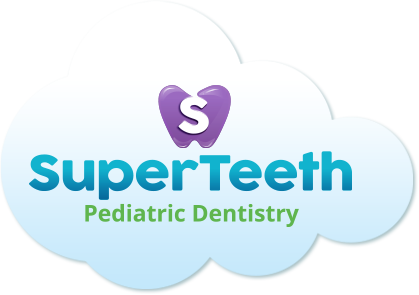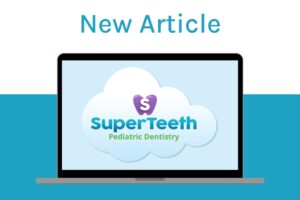
In today’s world, many children rely on prescription medications and dietary supplements to support their health and well-being. While these medications can be essential for managing various conditions, they may also have unintended effects on oral health. At Superteeth Pediatric Dentistry, we understand the importance of monitoring your child’s medication use and addressing any potential oral health concerns. Here’s what you need to know about how medications can affect your child’s smile:
Dry Mouth
Certain medications, such as decongestants and antibiotics, can lead to dry mouth by reducing saliva production. A dry mouth environment increases the risk of inflammation, infection, and tooth decay. Encourage your child to stay hydrated by drinking plenty of water throughout the day. Sugar-free gum and crunchy fruits and vegetables can also help stimulate saliva production and keep the mouth moist.
Fungal Infections
Children who use inhalers for conditions like asthma may be at risk of developing oral candidiasis, a fungal infection. Rinsing the mouth with water after using an inhaler can help prevent this complication. Be sure to discuss any concerns with your child’s pediatric dentist in Westchester Miami.
Abnormal Bleeding
Some medications can thin the blood and reduce clotting, leading to excessive bleeding during oral surgery or treatments for gum disease. Inform your dentist about your child’s medication use before scheduling any dental procedures to ensure their safety and well-being.
Gum Overgrowth
While rare in children, gum overgrowth can occur as a side effect of certain medications, including anticonvulsants and antibiotics. If you notice any changes in your child’s gum tissue, consult with their pediatric dentist for appropriate management.
Soft Tissue Reactions
Inflammation, oral sores, or discoloration of the soft tissues may occur as a reaction to medication. Your child’s dentist can recommend special oral hygiene practices to alleviate discomfort and promote healing.
Tooth Decay
Although not a direct side effect, some medications contain sugars that can contribute to tooth decay, especially when taken over a prolonged period. Opt for sugar-free medications whenever possible, encourage your child to take medication with meals, and have them rinse with water after medicating.
If your child experiences any of these side effects or if you have questions about their medication regimen, don’t hesitate to reach out to our office. Our team at Superteeth Pediatric Dentistry is here to provide guidance, support, and personalized care for your child’s oral health needs. Schedule a consultation today to ensure your child’s smile remains bright and healthy.





